The City of Fernley and the Truckee-Carson Irrigation District have each ratified a mediated settlement of the city’s lawsuit opposing TCID’s repayment contract with the Bureau of Reclamation for lining a portion of the Truckee Canal through Fernley.
The parties settled for a mediated settlement conference on August 29, which was presided over by Senior Judge James Hardesty.
The Fernley City Council approved the agreement during a special meeting on Sept. 19. TCID approved it during its Oct. 1 meeting.
Under the terms of the settlement, Fernley agreed to file a stipulated request for dismissal of the lawsuit within ten days of the agreement's effective date and to drop its pursuit of an appeal of the judge’s decision in the Tenth Judicial District Court in Fallon that granted TCID the authority to enter into the repayment contract with the Bureau of Reclamation.
In return, TCID will provide the city with a credit of $1.50 per equivalent irrigated acre owned by Fernley, to be deducted from the Operations and Maintenance Fees assessed by TCID on irrigated lands within the district for 50 years or until the repayment contract is completed, whichever happens sooner.
TCID agreed that the maximum Operations and Maintenance Fees TCID may assess Fernley under the repayment agreement will be $7 per equivalent irrigated acre, less the $1.50 credit. Also, when TCID establishes assessments related to the repayment contract, it will not establish a separate special assessment for any costs associated with the reconstruction of the Fernley Check Structure, other than any assessment imposed on all water right owners in the Newlands Project.
“The biggest one is the city of Fernley is going to get a reduction in its assessment, and that’s really what we were looking for out of this,” said David Rigdon, the attorney representing the city on water matters. “We weren’t able to get as much of a reduction as we were looking for, but we were able to get a reduction.”
Rigdon said the reduction in its assessment will affect only the city itself, not residents or property owners who pay TCID assessments.
“No other water users joined us in this lawsuit, so the city can only negotiate on behalf of itself,” he said.
The parties also agreed to work cooperatively to schedule meetings with their legislative representative to discuss potential amendments to Nevada’s Irrigation District Act to resolve Fernley’s inability to vote in TCID elections or lack of representation on the TCID Board of Trustees, allowing Fernley to vote in TCID elections based on its total number of equivalent irrigated acres, and extending representation and/or voting rights to non-water-righted property owners who pay assessments to an irrigation district.
Rigdon said that has long been an issue the city was unhappy with.
“Another issue is the city has always had is the lack of representation on the TCID board, both for the city itself – the city gets no votes in TCID even though we own 5% of the water rights in TCID – and also on behalf of some of the citizens who aren’t water right holders but still will have to pay a TCID assessment regardless of that,” he said. “The parties are going to cooperatively work with our legislators at the state to try to identify some reforms that would provide the city of Fernley and the city of Fernley residents a little bit more representation in the TCID process.”
Rigdon said that while the city didn’t get everything it wanted out of the negotiations, that’s how mediations work.
“If both sides don’t walk away a little unhappy, then it’s not a good settlement,” he said. “So are we completely, 100% satisfied with this? No, but we respect TCID’s positions, and we’re glad we were able to come together.”


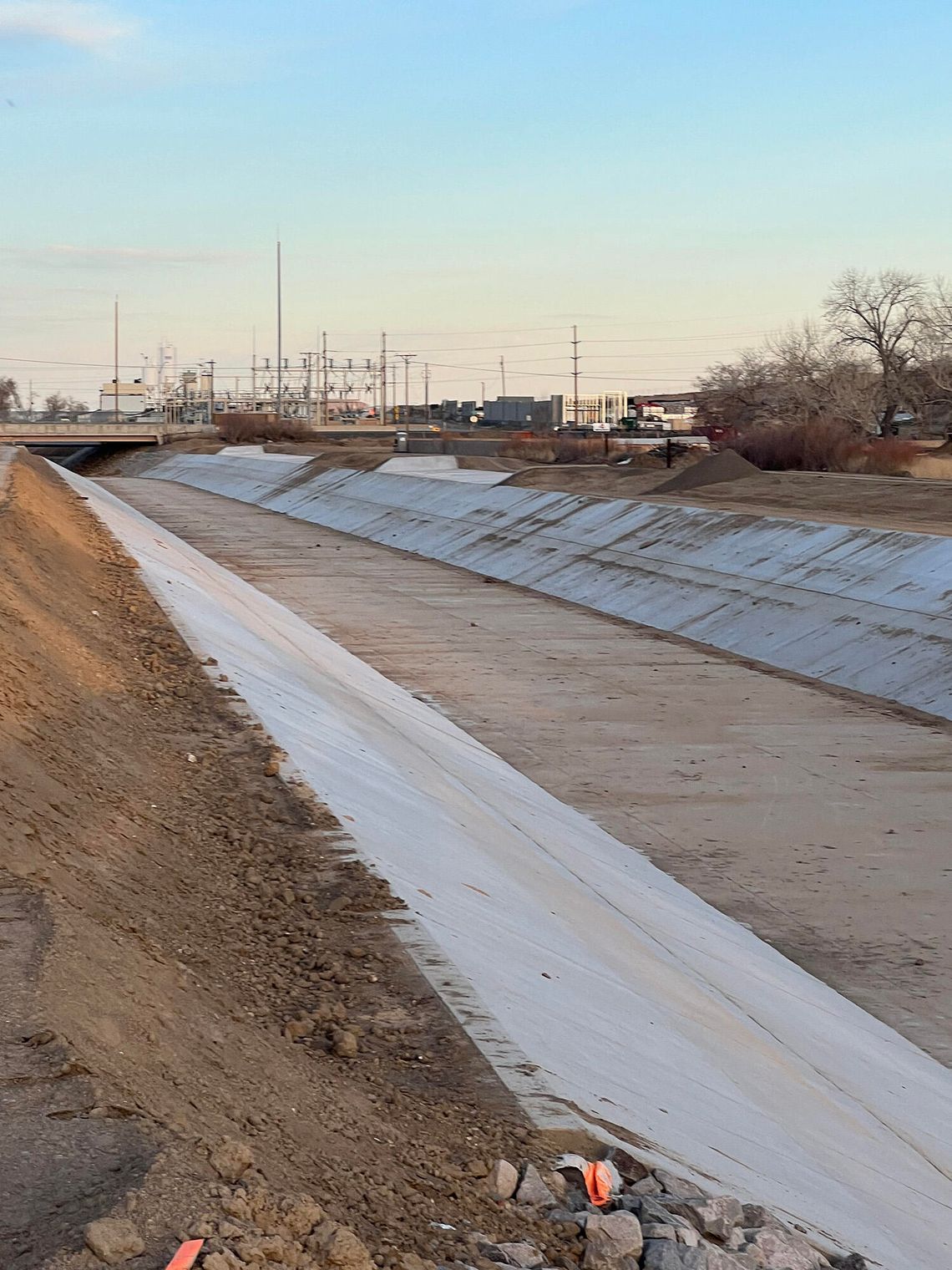
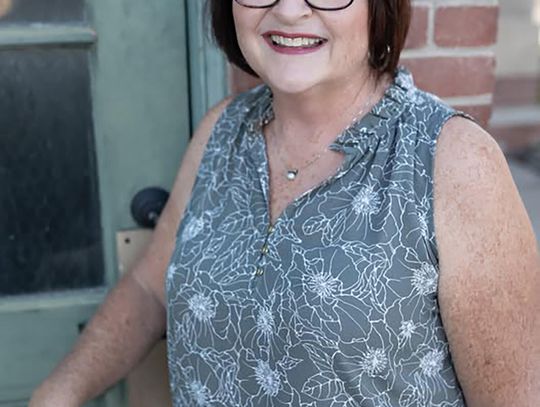
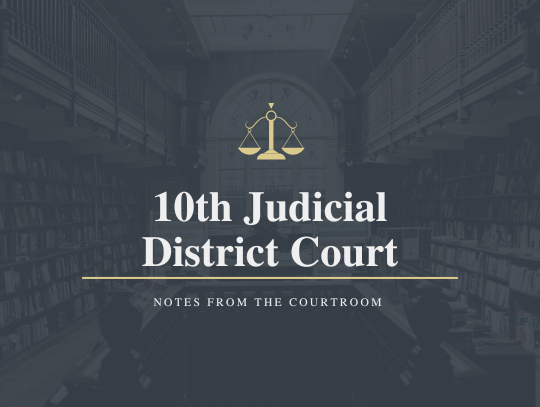
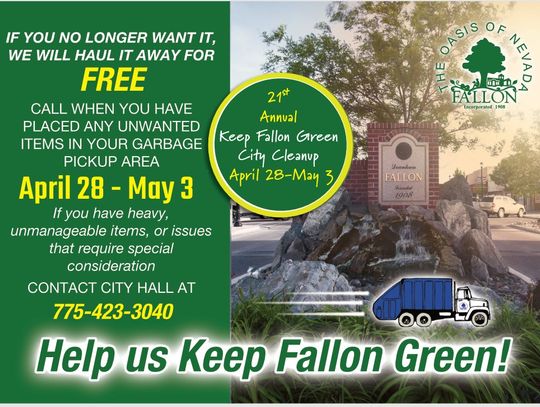
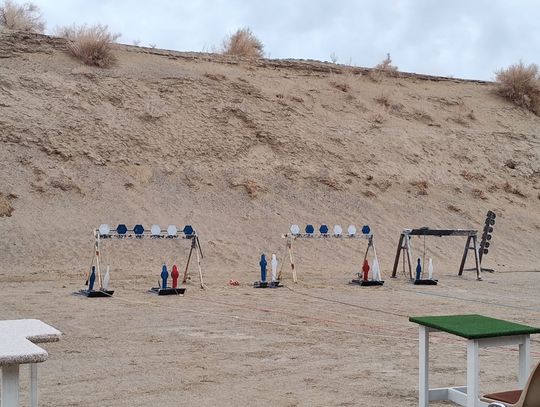
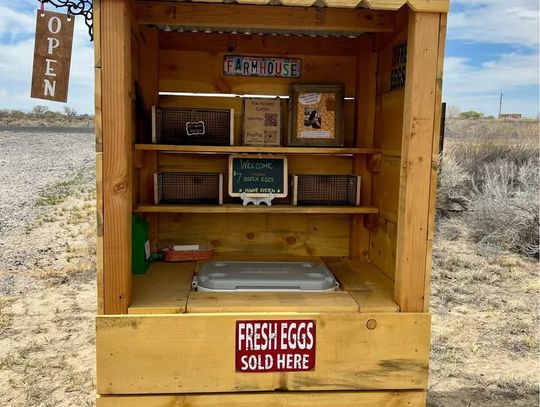


Comment
Comments